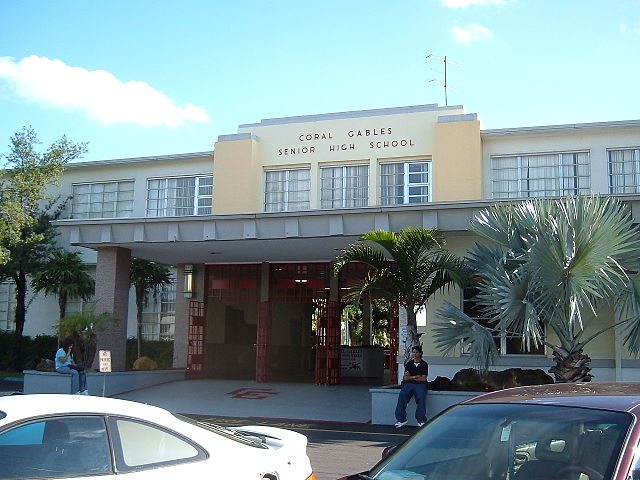
Although ‘Canes have the comfort of studying at one of the top universities in the country, it is no secret that the University of Miami’s home state is grappling with one of the worst teacher shortages in history.
“The current situation in Florida is the perfect storm for an education crisis,” Dr. Mary Avalos, a research professor at the School of Education and Human Development, said.
In Florida’s K-12 schools, as well as several public universities across the state, this is the case for a number of reasons. Under Gov. Ron DeSantis, Florida now has a number of laws that restrict autonomy for educators. Instead of being assessed by the impact and quality of their instruction, teachers are judged by high-stakes tests and the subject material of their curriculum.
Bills such as the Parental Rights in Education Bill further constrain teachers by prohibiting the discussion of sexuality in classrooms. Teachers are even forbidden from asking students what their preferred pronouns are.
Florida legislature also made the controversial decision to ban a number of College Board courses, such as AP Psychology and AP African American Studies. Gov. DeSantis argued that these courses “are vehicles for a political agenda,” as they discuss topics of sexuality and critical race theory.
“Teachers aren’t able to determine what they are able to teach because they have to follow a pacing guide, which lays out what they need to teach every day to cover the standards in the year. In some places, these pacing guides are enforced to the point where people are walking in classrooms to ensure they are actually teaching the lesson in the pacing guide,” Avalos said.
According to the Florida Education Association, teacher vacancies in the state increased over 21% between 2021 and 2022.
Leah Krauss, a sophomore from Fort Myers, Fla., explains that she went through four world history teachers in the span of a single year during her high school education.
“I think it caused people to care less about the class and learn less about the subject because there was no relationship between the teachers and students,” said Krauss.
The School of Education and Human Development has also been affected by the teacher shortage, with less students enrolling in the department. However, this is not a new phenomenon, according to Avalos.
In fact, Avalos argues that perhaps the most significant reason for this decline in enrollment is that there are numerous different ways to become a teacher in the state today without getting a master’s degree.
“Our program has been consistently small,” Avalos said. “But there are theories that the policies passed are intended to get rid of schools of education. They are almost successful with that.”
In fact, prospective teachers in Florida can simply become certified by completing a few tests and fulfilling some requirements. But for some educators like Avalos, believe that simply checking a few boxes off of a list of requirements is not the most effective strategy for educating the next generation.
“That is not necessarily a bad thing, but usually it is teachers without much experience that are placed in the most challenged schools,” said Avalos. “When you have people without training in the most challenged schools, it sets the teachers, and the kids, up for failure.”
There are many other reasons Avalos cites as to why some may be deterred from enrolling in master’s programs, including Florida’s low national ranking in teacher salaries, which places it in the bottom five states. Addressing the issue of declining respect for the profession presents a challenge for districts aiming to onboard more teachers, especially in a post-pandemic world that encourages work-from-home alternatives.
In order to fight this trend, UM’s School of Education and Human Development is wrestling this pattern head-on with their Teacher Accelerator Program (TAP). The university is partnering with Achieve Miami, a non-profit organization committed to bridging disparities, enhancing educational experiences and closing opportunity gaps for students in Miami-Dade County.
The program consists of a single semester course, followed by a summer practicum where students teach in classrooms across Miami-Dade and receive feedback on their teaching. This initiative represents a change in the University’s approach to address the national teacher shortage, while also supporting students who may have an interest in teaching but haven’t taken the necessary coursework.
“There is so much pressure on Florida schools lately with the teacher shortage, and also with all these new bills being passed that are placing limits on education,” said Krauss. “I hope that the state’s education system meets these challenges by increasing teacher salaries, and ceasing to restrict teacher’s autonomy.”





